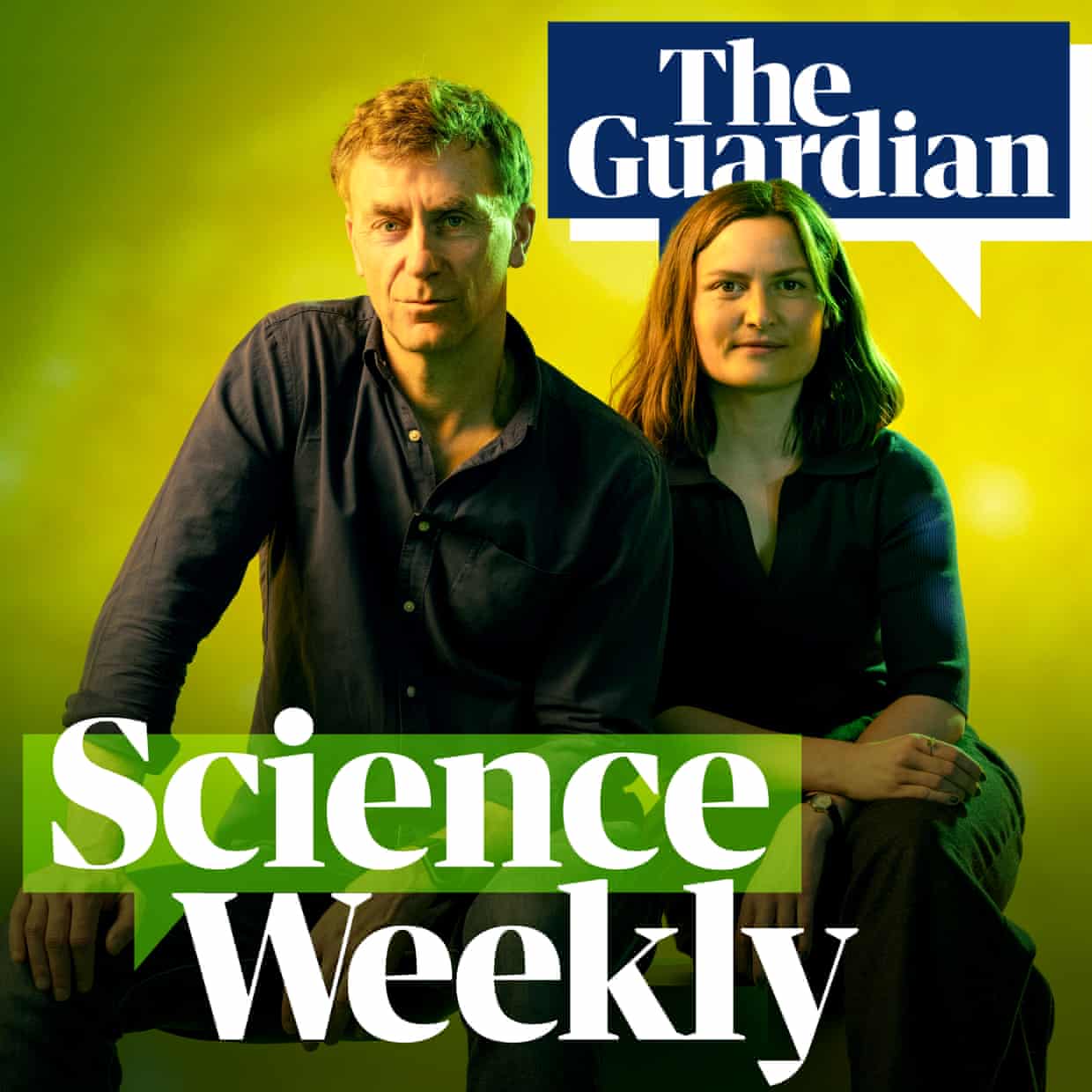Science
Global Seed Bank Secures Future of Biodiversity for Generations

The Svalbard Global Seed Vault, located in Norway, plays a crucial role in preserving the world’s agricultural biodiversity. Established in 2008, this facility has become a critical safeguard for food security, storing over 1,059,000 seeds from around the globe. These seeds represent a vital genetic resource for crops that are essential for human survival and agricultural resilience.
In a recent podcast episode, experts discussed the significance of the Seed Vault and its impact on global food systems. The discussion highlighted how the Seed Vault operates as a backup for genebanks worldwide, ensuring that plant genetic material can withstand natural disasters, climate change, and human conflict.
Preserving Global Food Security
The Svalbard Global Seed Vault is managed by the Norwegian government in partnership with the Global Crop Diversity Trust and the Food and Agriculture Organization (FAO). It serves a dual purpose: to preserve the genetic diversity of crops and to provide a safety net for plant breeders and farmers. As of February 26, 2023, the facility has received deposits from more than 80 countries, showcasing the global commitment to safeguarding agricultural heritage.
In the podcast, experts emphasized that the Seed Vault’s role is not only about preservation but also about accessibility. Breeders and researchers can access seeds stored in Svalbard to develop new varieties that can resist pests and diseases or adapt to changing climates. This is particularly important as the world faces increasing agricultural challenges.
A Global Collaboration for Biodiversity
The facility operates under the International Treaty on Plant Genetic Resources, which aims to promote international cooperation in the conservation and sustainable use of plant genetic resources. This treaty underscores the importance of shared responsibility among nations in addressing food security challenges.
Listeners learned that the Seed Vault is designed to withstand catastrophic events, with its location in a mountain designed to resist natural disasters. The vault’s construction employs advanced technology, ensuring optimal conditions for seed preservation. Each seed packet is stored in a triple-layered, moisture-proof package, ensuring longevity.
The podcast also explored the ethical implications of seed preservation. Experts discussed the need to balance commercial interests with the public good, particularly as biotechnology plays an increasingly prominent role in agriculture. With the global population projected to reach nearly 10 billion by 2050, the demand for resilient crop varieties will only grow.
The conversation concluded with a call to action for listeners to support initiatives that promote biodiversity conservation. By understanding the importance of facilities like the Svalbard Global Seed Vault, individuals can contribute to the ongoing effort to secure food for future generations.
In summary, the Svalbard Global Seed Vault not only preserves seeds but also embodies a collaborative effort to protect and ensure the future of global food security. As climate challenges intensify, the importance of such initiatives becomes ever more critical.
-

 Science2 months ago
Science2 months agoToyoake City Proposes Daily Two-Hour Smartphone Use Limit
-

 Health2 months ago
Health2 months agoB.C. Review Reveals Urgent Need for Rare-Disease Drug Reforms
-

 Top Stories2 months ago
Top Stories2 months agoPedestrian Fatally Injured in Esquimalt Collision on August 14
-

 Technology2 months ago
Technology2 months agoDark Adventure Game “Bye Sweet Carole” Set for October Release
-

 World2 months ago
World2 months agoJimmy Lai’s Defense Challenges Charges Under National Security Law
-

 Technology2 months ago
Technology2 months agoKonami Revives Iconic Metal Gear Solid Delta Ahead of Release
-

 Technology2 months ago
Technology2 months agoSnapmaker U1 Color 3D Printer Redefines Speed and Sustainability
-

 Technology2 months ago
Technology2 months agoAION Folding Knife: Redefining EDC Design with Premium Materials
-

 Business2 months ago
Business2 months agoGordon Murray Automotive Unveils S1 LM and Le Mans GTR at Monterey
-

 Technology2 months ago
Technology2 months agoSolve Today’s Wordle Challenge: Hints and Answer for August 19
-

 Lifestyle2 months ago
Lifestyle2 months agoVictoria’s Pop-Up Shop Shines Light on B.C.’s Wolf Cull
-

 Technology2 months ago
Technology2 months agoApple Expands Self-Service Repair Program to Canada









